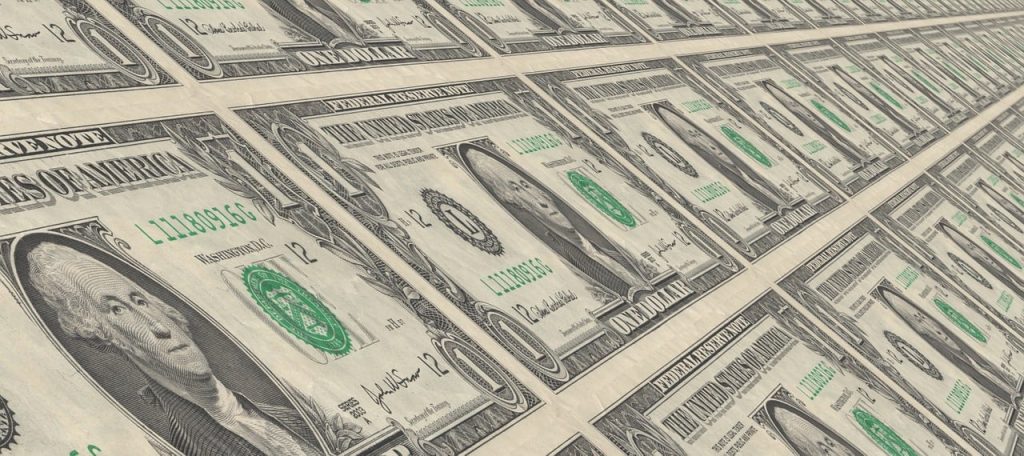
War and currency have a complex relationship, and historical examples as well as economic theories provide insight into this connection:

- Impact of War on Currency:
- Inflation: Wars can lead to inflation due to increased government spending on military efforts. When a government spends more money, it often prints more currency, which can devalue the currency and lead to inflation.
- Uncertainty: Wars create economic uncertainty. Investors and businesses might lose confidence in the stability of a country’s economy during wartime, leading to fluctuations in currency value.
- Trade Balance: Wars can disrupt trade, affecting a nation’s balance of trade. A country might import more goods (especially military equipment) than it exports, leading to trade imbalances and affecting the value of its currency.
- Role of Currency in Financing Wars:
- Debt: Countries often take on significant debt to finance wars. Governments issue bonds, and sometimes they borrow money from other countries, which can influence the value of their currency.
- War Bonds: Governments might issue war bonds to citizens, essentially borrowing money from the public. This can impact the money supply and, consequently, inflation and currency value.
In conclusion, war and currency are intricately linked. Wars can lead to economic instability through inflation, uncertainty, and trade imbalances. The way governments manage their currency, debt, and economic policies during and after wars significantly influences how currencies are affected.
